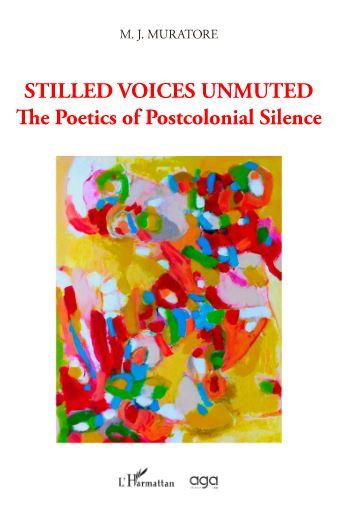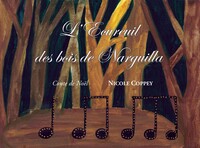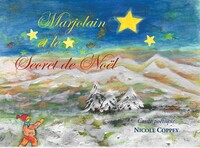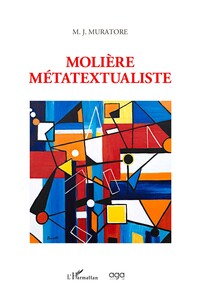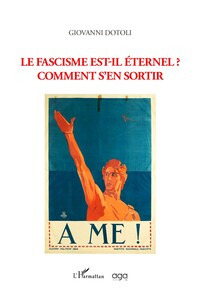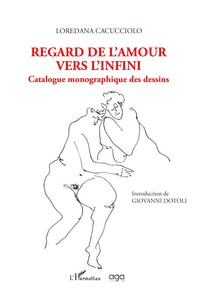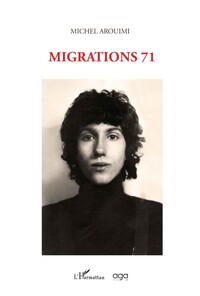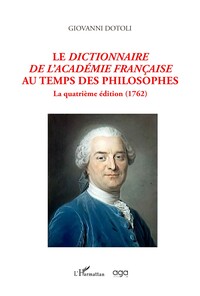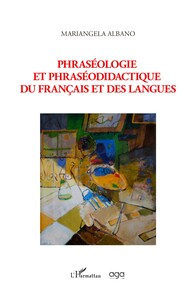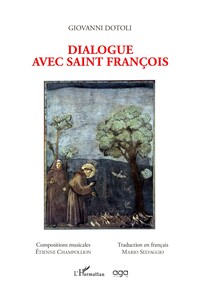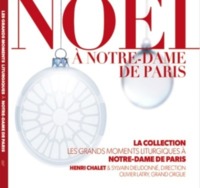Nous utilisons des cookies pour améliorer votre expérience. Pour nous conformer à la nouvelle directive sur la vie privée, nous devons demander votre consentement à l’utilisation de ces cookies. En savoir plus.
Stilled Voices Unmuted
L'Harmattan - EAN : 9782140289712
Édition papier
EAN : 9782140289712
Paru le : 7 sept. 2022
35,00 €
33,18 €
Disponible
Pour connaître votre prix et commander, identifiez-vous
Notre engagement qualité
-
 Livraison gratuite
Livraison gratuite
en France sans minimum
de commande -
 Manquants maintenus
Manquants maintenus
en commande
automatiquement -
 Un interlocuteur
Un interlocuteur
unique pour toutes
vos commandes -
 Toutes les licences
Toutes les licences
numériques du marché
au tarif éditeur -
 Assistance téléphonique
Assistance téléphonique
personalisée sur le
numérique -
 Service client
Service client
Du Lundi au vendredi
de 9h à 18h
- EAN13 : 9782140289712
- Collection : L'ORIZZONTE
- Editeur : L'Harmattan
- Date Parution : 7 sept. 2022
- Disponibilite : Disponible
- Barème de remise : NS
- Nombre de pages : 140
- Format : H:210 mm L:140 mm E:8 mm
- Poids : 260gr
- Résumé : To engage the ever-proliferating critical apparatus that purportedly illuminates the postcolonial text is to encounter invocations of an undefinable space, fraught with equivocation, resistant to consonance, calibration or resolution and, as such, undergirded by irrevocable obstructions. The narrative discourse borne of this encounter can but adduce one or another variant of ignominious defeat. In the optic thus proffered, the labyrinth that is « the postcolonial experience » is in a constant state of flux, inchoate, unmoored, unbounded, and thus stingingly subject to the contortions of the unsayable. However hermeneutically justified such readings, they bespeak but one dimension of an inordinately complex, polyvalent enterprise. For the postcolonial text - rooted in errantry, multifarious, amorphous, and assuredly less acquiescent than subversive - apriorily debunks unidimensional or dismissive over-determinations. As such, the would-be unsayable must be defied and transgressed to accommodate a new space wherein the long silence of the past is superseded by the clamoring of voices too long anchored in subjugation. For Zobel, Oyono and Ousmane, the struggle for metaphysical and linguistic liberation is compellingly metaphorized and replete with generative signifiers, however tainted by the past. From the vestiges of former stillness, there emerges a counter-discourse: a new and irrevocable poetics of postcolonial triumph.

